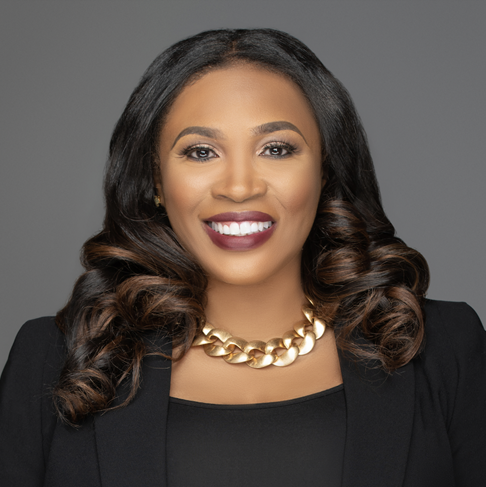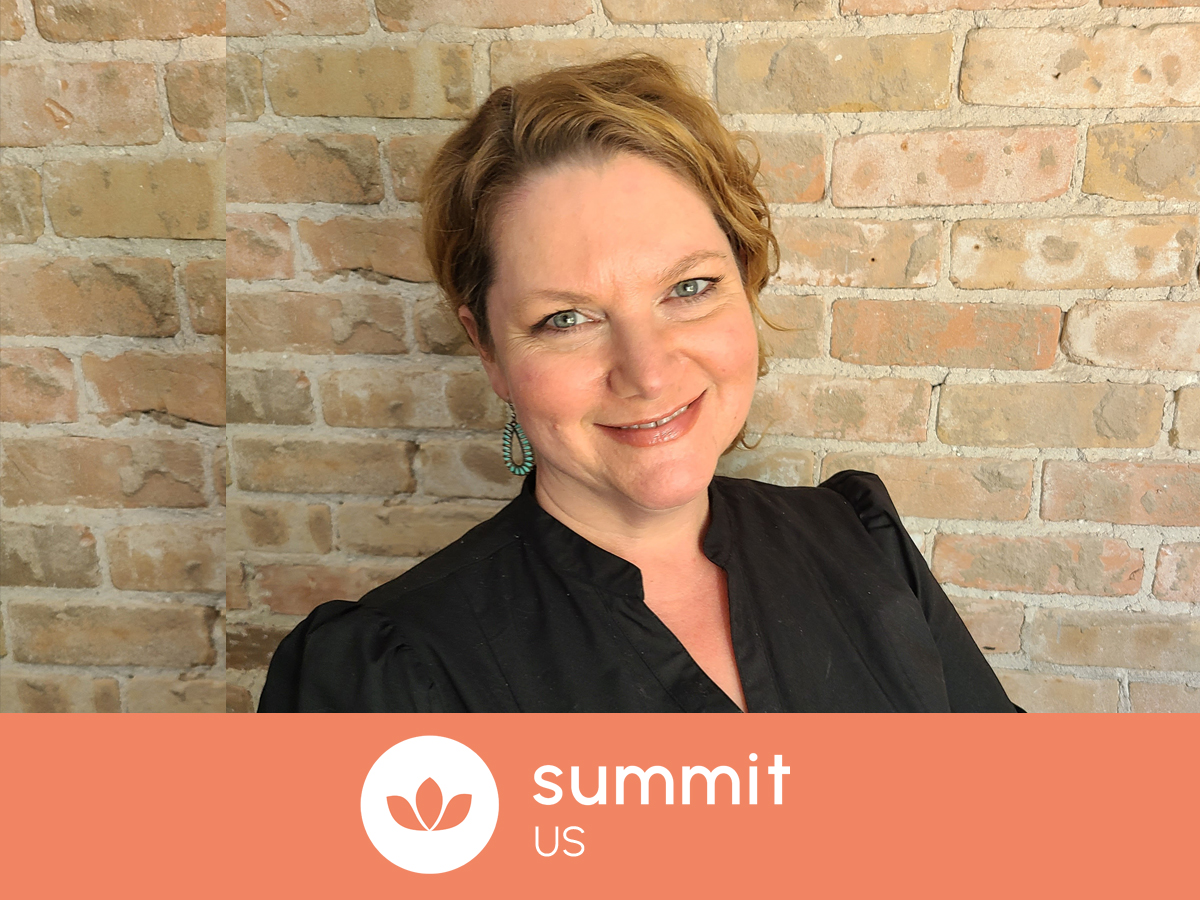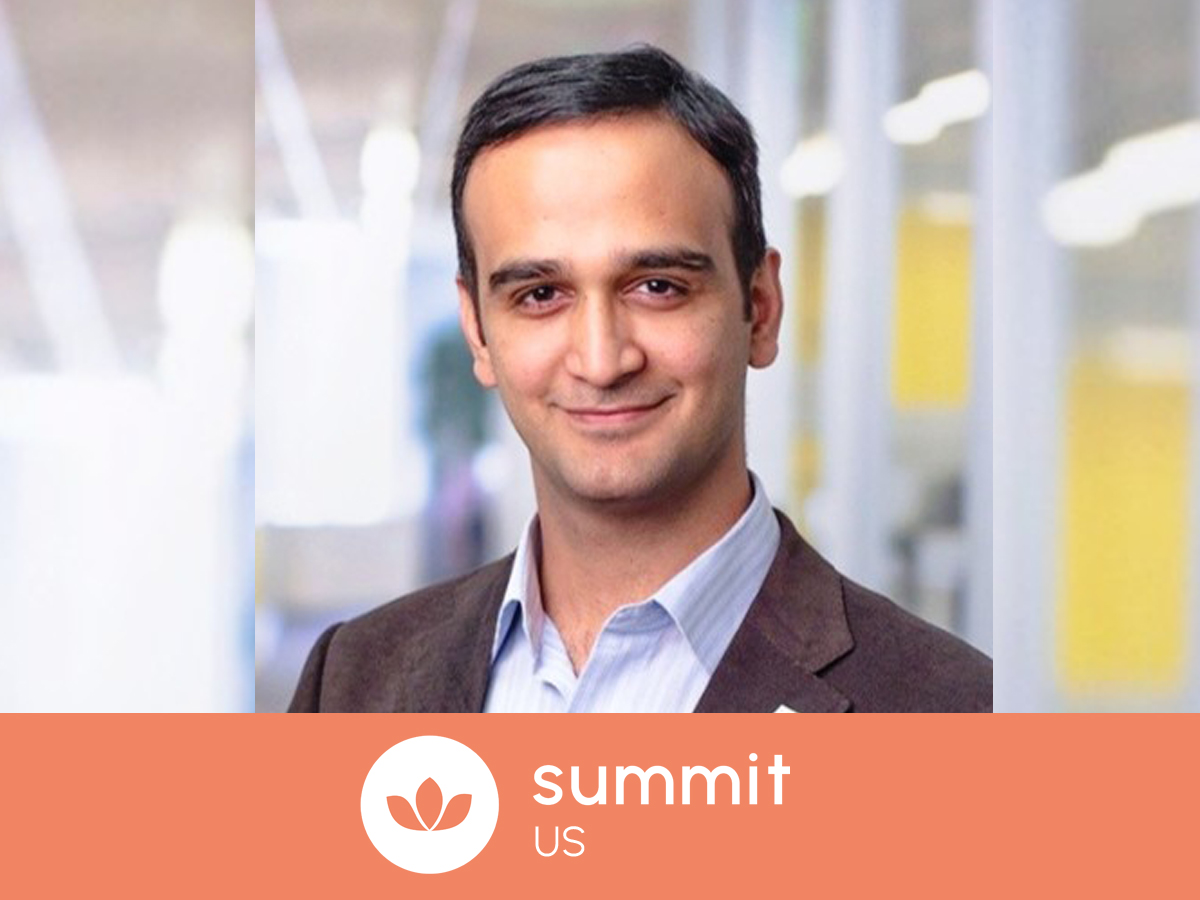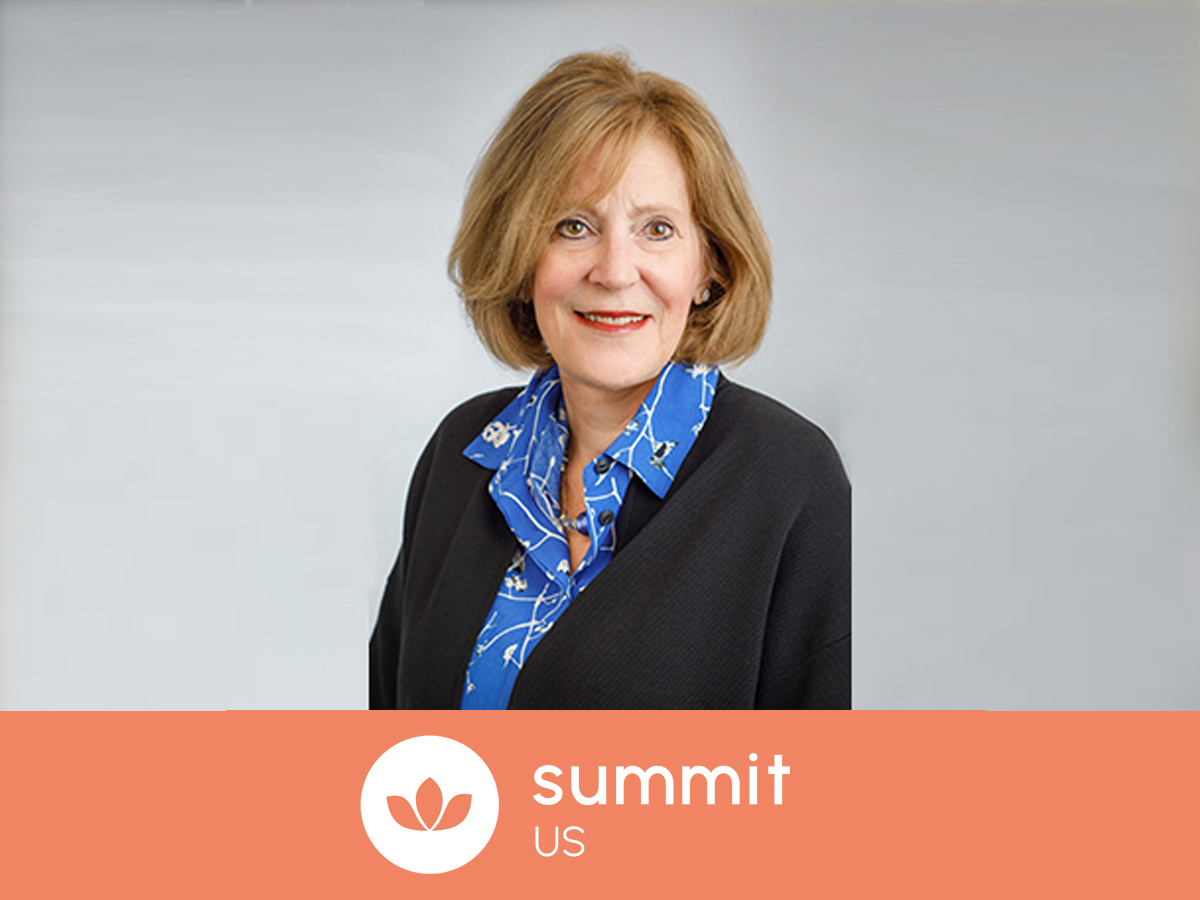
We are delighted that Dr. Airies Davis will be speaking in Chicago as part of our US Summit Midwest. We caught up with her to see how she’s feeling in the runup to the event.
Hi Airies, we are thrilled that you will be speaking at the Wellbeing at Work US Summit Midwest in May. Our first and most important question is, how are you doing today?
Today, I’m doing well and feeling grounded in purpose. When you work in the space of emotional intelligence and wellbeing, you learn to center yourself amidst the busyness. So, I’m embracing the day with gratitude, joy, and a good matcha tea!
As a leader based in the region, what are the main challenges you are facing when it comes to employee wellbeing and mental health?
One of the biggest challenges is sustaining momentum as an entrepreneur for WorkforcEQi LLC and adjunct faculty for a Chicago area university. At WorkforcEQi LLC we focus on merging emotional intelligence with workforce development. Many organizations made strong statements about emotional wellbeing and DEI, but translating and committing those words into long-term, measurable action remains a hurdle. We’re also seeing emotional fatigue and burnout—especially among DEI practitioners, educators, and frontline staff—who often carry invisible loads without consistent institutional support.
What strategies have you seen developing over the past 6 months, both internally and externally, that are moving the dial on wellbeing in the workplace?
I have seen an encouraging shift toward community-based care in workplace cultures. Internally, we’re integrating coaching circles, peer mentorship, emotional resilience, and microlearning on emotional intelligence. Externally, organizations are exploring trauma-informed practices and investing in leadership training that connects mental health with performance and retention. These human-centered approaches are helping to move the dial.
Why is employee wellbeing so important to you personally?
Wellbeing is personal to me because I’ve walked with—and coached—so many professionals who’ve thrived in roles but suffered in silence. As a Black woman leader and educator, I understand the layered pressures that come with breaking barriers while navigating biases. I champion wellbeing because thriving shouldn’t come at the expense of your mental or emotional health. We deserve to work well and live well.
What impact is AI having in your organization and how are you managing that?
Generative Artificial Intelligence (AI)I is both a disruptor and a tool. In workforce development and through my work as an Adjunct Faculty at Dominican University, we’re exploring AI’s role in reshaping career readiness, curriculum design, and even student engagement. But we’re also deeply committed to ensuring AI supports—not substitutes—critical thinking, creativity, and emotional intelligence 21st leadership skills. Managing AI well means pairing innovation with ethics.
Other than AI, are there any challenges that you are seeing for the first time and how are you addressing them?
We’re navigating a new wave of “purpose anxiety”—employees and even students craving more alignment between their roles and their values. It’s a post-pandemic reckoning, and we’re addressing it through values-based leadership development, coaching, and integrating purpose-driven content into the classroom, especially in courses like social justice and entrepreneurship. People don’t just want jobs or degrees—they want meaning.
What areas do you think employers should be focused on over the next 12 months?
We need to revisit how we measure success—wellbeing metrics must be woven into KPIs in the following three key areas:
- Sustainable change management—helping teams thrive through transitions, not just survive.
- Mental health normalization—especially among middle managers.
- Culturally responsive leadership—embracing DEI beyond compliance.
Do you feel that investment in employee wellbeing in the region is increasing or decreasing and is that a direct reflection on HR leaders’ increasing ability to demonstrate effective returns of their strategies to leadership?
I see a cautious increase in investment—especially where HR leaders can clearly tie wellbeing to retention, succession planning, engagement, and performance. The shift toward data-informed storytelling is helping. When you combine impact with compelling human narratives, it becomes harder for leadership to look away. The ROI is there—it’s just about visibility and alignment.
How has your organization been leading the way?
Through WorkforcEQi and my university-based work, we’re leading with empathy, equity, and evidence. We’ve created coaching and training models that honor both personal and professional development. Our “DEI Leaders Community Series: Reset, Relate, Release” is one example of how we’re helping professionals release burnout, reconnect with purpose, and build sustainable leadership. Additionally, through my role teaching PhD students at Dominican University, I’m helping develop the next generation of equity-centered entrepreneurs and changemakers who will lead with both heart and strategy.
Dr. Airies Davis will be speaking in Chicago at the Wellbeing at Work Summit US Mid-West which takes place on May 1 2025. Further details on the Summit can be found here.



